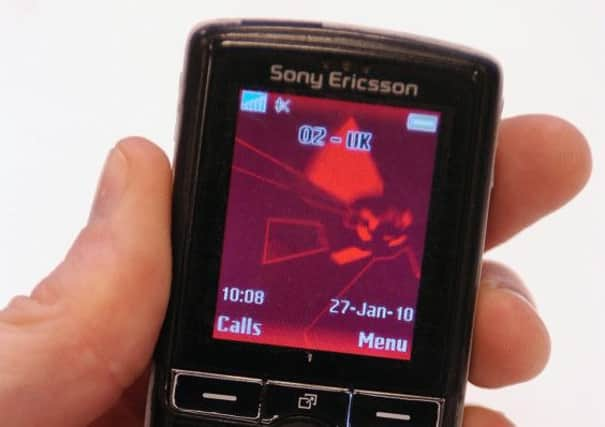Ian Clayton column - Chewing the fat


We use the word when we call people names, when we call for help and if we make a 999 call to the police.
All of us are called something and on the fourth day of Christmas there are four calling birds.
Advertisement
Hide AdAdvertisement
Hide AdThe calling I was thinking about though was the type we all did as kids, we didn’t visit our friends did we? We called for them.
Whenever my gran asked me where I was going if I opened the back door, I would usually start my reply with the words, “I’m going to call for….”
Calling in this sense then is about wanting to communicate with or talk to and this leads us to that most Yorkshire of idioms “calling” or “kalling” meaning to have a right good old natter.
According to my friend Dr Arnold Kellett, who wrote the Yorkshire Dictionary of Dialect, Tradition and Folklore, the word kalling and yes, he does spell it with a k, means to gossip or to chat at length.
Advertisement
Hide AdAdvertisement
Hide AdI have been asked many a time where I think the term to kall comes from and I usually reference a tale told to me by an elderly lady who worked in the mills at Bradford.
She said the machinery was so loud that the women called or kalled to one another silently, by mouthing the words and the mill lasses became experts at lip reading.
This for me conjures up a picture of Les Dawson and Roy Barraclough playing Ada and Cissie, the two funny old women gossiping about life over the backyard wall and mouthing their words every time they came to something they didn’t want eavesdroppers to hear.
I still think one of the funniest ripostes I ever heard was when Cissie said to Ada: “When you went to Blackpool for your honeymoon, were you (Cissie looks round and whispers) were you virgo intacto?” Ada pulls a face, lifts her bosom with the back of her hand and says: “Oooh, no! It was just bed and breakfast.” Classic.
Advertisement
Hide AdAdvertisement
Hide AdThe real origin of the term goes back much further than mill lasses though.
We have to reach back all the to our Viking ancestors who had a term kalla, meaning to call for or summon loudly.
In old English the word kalla existed as ceallian, it seems we have always liked to have a right old kall. So next time you call for a neighbour to have a kall, you’re doing something the Vikings were doing more than a thousand years ago.
You might also be chewing the fat, that’s another nice term we use round here isn’t it?
Advertisement
Hide AdAdvertisement
Hide AdI read in a book of phraseology by Michael Quinion that this term might have its origins among the Inuit or Native American peoples who sat around whilst talking to chew on animal hide to soften it.
I suspect the answer is a much less obscure one than that. I think the act of chewing something slowly looks like you’re talking and chewing the fat, is similar to that other term chewing the cud, a phrase first used by Henry Fielding in his novel The History of Tom Jones when he wrote: “having left her with her friends for a little while to chew the cud…”
Whatever term we use, at the end of the day it’s about communication isn’t it? And we usually do this with our mouths.
I was talking to Paul, a taxi driver friend recently, and he was bemoaning the fact that a lot of young people don’t talk anymore, they just text their friends.
Advertisement
Hide AdAdvertisement
Hide AdThis set me to wondering what phrases we will use in the future when people communicate with their thumbs on a keypad to send a text, or when we just email a reply to every question.
What will we say then? After all you can’t kall or chew the fat with your thumb can you?
Perhaps pointing the finger or giving a thumbs up will come to have whole new meanings.